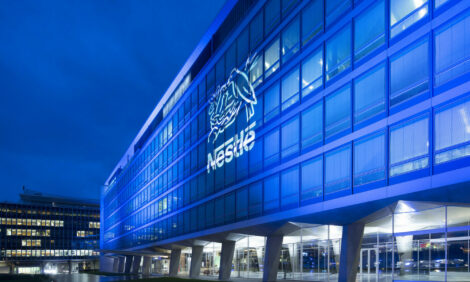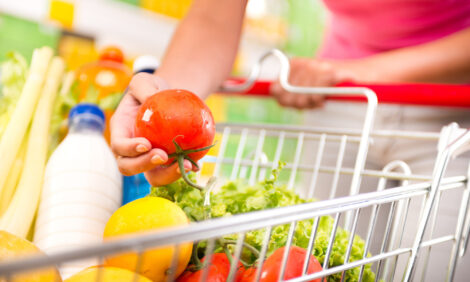



FrieslandCampina: Milk Products Fit in a Sustainable Diet
NETHERLANDS - Every day, FrieslandCampina aims to provide the world’s population with the healthiest nutrients. Its milk products play an integral role, as they are a natural source of protein, calcium, vitamin B2 and B12 and phosphorus. This makes dairy extremely suitable for a sustainable diet.Moving towards a sustainable diet
To ensure sufficient food supplies for future generations, the company feels the need to move towards a more sustainable diet. In doing so, it is pivotal to not look solely at the impact on the environment, but to find a balance between environmental impact, health, acceptance in culture, affordability, quality and safety of food. Milk products score well on many of these aspects. Therefore, dairy makes an important contribution to securing food and nutrient-security.
Consuming less meat appears to be the most effective, dairy and fish remain the same
A sustainable diet that contains as many essential nutrients as possible, has a low environmental impact and is in line with local food consumption habits which result in a 21 to 31 per cent reduction of environmental impact. Research shows that a more sustainable diet contains less meat (mainly beef), soft drinks, fruit juice and alcohol. The amount of dairy products and fish in diets can remain approximately the same.
FrieslandCampina continues to make milk more sustainable
Dutch milk is among the most sustainable in the world. The average CO2 emissions of a Dutch dairy cow is 1.2 kilo per liter milk. Compared to figures worldwide, this amount is twice as high: 2.4 kilos of CO2. However, the Dutch dairy sector continues to invest in sustainability. In the coming years, FrieslandCampina plans to focus even more on sustainable milk with extra attention to nature, climate with low CO2 emissions, animal welfare and biodiversity.
Dairy products play a major role in global food production
The demand for food increases due to the growing world population. It is expected that nearly ten billion people will live in the world by 2050. To be able to feed them, food production has to increase by 70 per cent compared to levels in 2009. The World Food Organization and the World Wildlife Fund recognize in the Rotterdam Dairy Declaration that dairy can play a major role.
In addition to food security, dairy products make an important contribution to poverty alleviation and aid in developmental opportunities for family businesses, small farmers and shepherds inside and outside the Netherlands.
TheCattleSite News Desk


